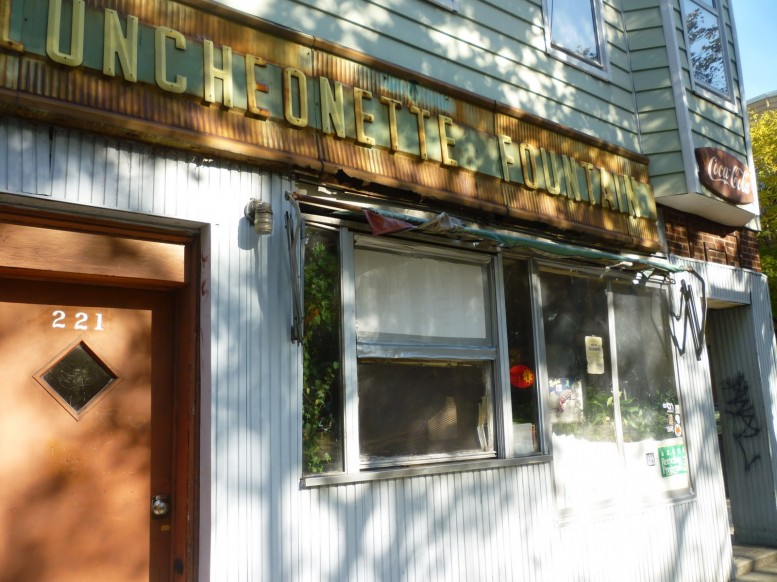Last night, 130 people crowded into a tiny dance rehearsal room above a theater in the East Village to talk about how they could turn struggling or vacant properties into affordable spaces.
With $10 and a quick penciled-in form, most of them joined the New York City Real Estate Investment Co-operative (NYC REIC), a grass roots, crowd-funded take on a traditional real estate investment trust. Over the course of the last month, the group has attracted 300 members and $1.3 million in pledges. Their core group includes architects, urban planners, artists, lawyers, and community organizers of every stripe.
They want to invest in permanently affordable commercial real estate for cultural organizations, community groups and small businesses, particularly in neighborhoods where rapidly rising rents are pricing out small tenants.
But the road map to get there is still a little vague, even though it’s rooted in a long history of organizations like the Cooper Square Committee, which acquired and rehabbed 22 former city-owned buildings throughout the East Village and Lower East Side between 1991 and 2006.
“We want to work with community serving groups, and landlords who want to sell below market, because they are in community with their tenants and don’t want to see another luxury condo replace a small business or community space,” said Caroline Woolard, an artist and one of the REIC’s main organizers. “What’s unique is that we have a political base, even if we’ll never be able to compete with real estate trusts with money.”
While the co-op wants to invest in existing institutions, it recognizes that acquiring abandoned sites from the city might be a more affordable route. During the meeting, organizer Mark Scott explained how the city used to sell abandoned properties to developers for a $1, in exchange for renovating or building affordable housing. The REIC hopes to acquire commercial sites the same way, despite the fact that the city doesn’t auction them off very often.
More importantly, the projects need to be economically feasible. The group expects a return on its collective funds, even if their investments are slow-growing and take a few years to bear fruit. Each member who pays $10 gets a voting share, and any investment above that will earn dividends.
However, there are fewer financing options for low-cost commercial projects than affordable housing. Arts foundations might be willing to invest, said Woolard. The co-op could also secure financing through the NYC Economic Development Corporation or the HPD’s preservation program, which offers loans and certain kinds of tax abatements to owners who rehabilitate older buildings.
Right now, the group is considering investments in two organizations: Sure We Can in East Williamsburg and Sunview Luncheonette in Greenpoint. Non-profit Sure We Can serves as a base for low-income people who collect cans throughout the city, many of whom are homeless or speak limited English. They could lose their space near the Morgan L stop when their lease runs out in 2018—unless they can buy it from the landlord for $3,000,000.
And the Sunview is a 52-year-old diner on Nassau Avenue that shuttered in 2008. Five years later, a group of neighbors transformed it into a makeshift community-focused art space, in an effort to raise money for the elderly Polish couple who have owned the building for decades.
Moving forward, the co-op will put together teams to investigate each potential project and then present it to their members for a vote. They hope to assemble a list of potential properties, as well as the money to buy one, within the next two years.
Subscribe to YIMBY’s daily e-mail
Follow YIMBYgram for real-time photo updates
Like YIMBY on Facebook
Follow YIMBY’s Twitter for the latest in YIMBYnews

